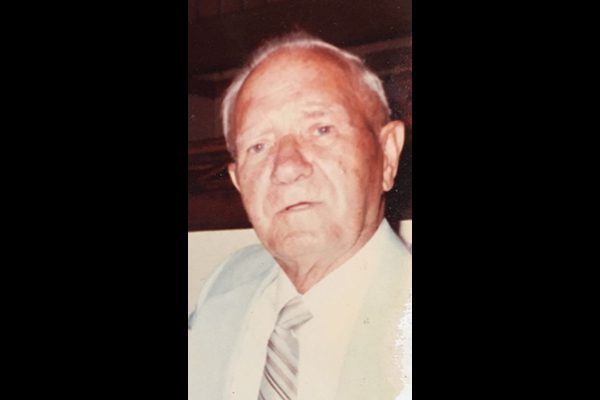Henry H. Chambless

“My favorite memory of Papa is getting up at 5 a.m. to go bass and bream fishing (five days a week in the summer), catching a string (of fish) almost every day and returning home to have my Mama cook us fried fish, eggs, grits and homemade biscuits.”
– Bruce Caldwell ’84
Henry Chambless, remembered by his grandson, Bill McMillan
Henry Chambless contributed to the war effort at home by managing refineries that produced shortening, essential in the production of munitions.
As a little boy, Bill McMillan asked his grandfather Henry H. Chambless what he and his uncle did during WWII:
He told me that my uncle was too young to serve and that he had been unable to serve because he was in an “essential industry.” I accepted his answer as a young man, but I wondered about it for years. He taught me many life lessons, and he talked about how proud he was of his lifelong work for Swift Premium, managing shortening refineries in Charlotte and Jacksonville.
But what did that have to do with an essential industry? I never was able to ask him that question, so my uncertainty lasted for years until I made a work trip to New Orleans. There, I visited the fantastic National World War II Museum and found my answer. He was indeed a large part of the U.S. “Arsenal of Democracy.”
I discovered that in order to make high explosive artillery shells and aircraft bombs, one first needs shortening. Fats are used to make glycerin, and glycerin is used to make things go boom. Americans were even encouraged to save the fat from their cooking to use for this purpose.
While Henry H. Chambless didn’t face the horrors of war in person like so many did, he took quiet pride in doing his part to provide the weapons that helped win it.